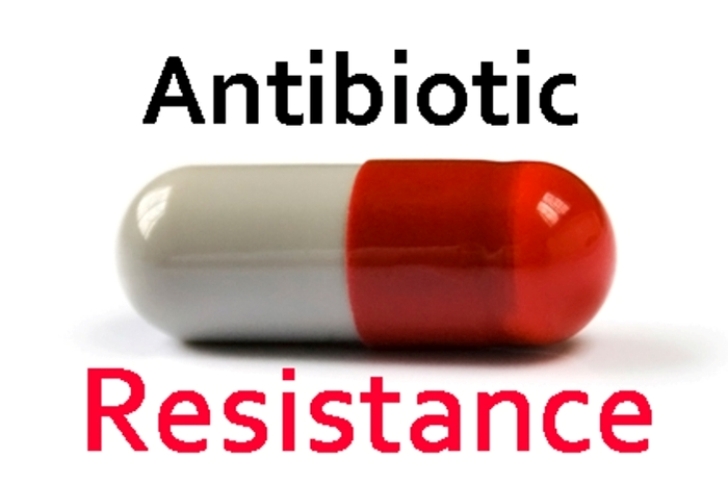


Antibiotic resistance is defined as the ability of microorganisms such as bacteria to show resistance to the effects of antibiotics. Antibiotic resistance happens when some changes occur in bacteria that eliminates or reduces the effects of chemicals, drugs or other compounds that are designed to prevent or cure infections. The bacteria are not destroyed and they continue to increase in numbers resulting in more harm. How to prevent antibiotic resistance?

Bacteria can become resistant to antibiotics via several ways. Some bacteria can pump out the antibiotic rapidly, others may develop the capability to neutralize or make the antibiotic harmless before it can produce any harm, and some others may change the attack site of antibiotic so that it can no longer affect the functioning of the bacteria.
Antibiotics produce their effects by killing or inhibiting the growth of concerned bacteria. In some cases, one bacterium may survive due to its capability to neutralize the antibiotic or escape the harmful effects of the antibiotics. The one bacterium that has survived then multiplies and replaces all the bacteria, which were killed by the antibiotic. Therefore, selective pressure is provided by exposure to an antibiotic, making the bacterium that has survived more prone to become resistant.
Additionally, bacteria can become resistant to an antibiotic to which they were susceptible at one time by genetic mutation or by getting DNA pieces which code for resistance properties from some other bacteria. DNA pieces which code for resistance to antibiotics can be formed in single package that can be transferred easily. Hence, bacteria may acquire resistance to multiple antibiotics by transfer of only one piece of DNA.
You can decrease the impact of resistance to antibiotics by preventing illness. Maintaining good hygiene will help to stop the spreading of bacteria. Some tips to maintain good hygiene are:
Some other tips to answer the question how to prevent antibiotic resistance are:
One of the primary roles of probiotics is to help in reducing resistant and harmful bacteria in the digestive tract and also increasing the numbers of good bacteria. Probiotics can increase health of the digestive tract and improve immunity in humans.
Probiotics are the good bacteria that live in your gut and help break down food and absorb nutrients that boost immunity. It is due to the presence of probiotics that a healthy environment in the gut is correlated with reduced illnesses such as asthma, flu, colds and UTIs.
How to prevent antibiotic resistance? Take a probiotic supplement on a regular basis, particularly if you are on antibiotics. You may also add food rich in probiotics to your diet to balance the flora of your intestines. Some of the top probiotics rich foods are fermented vegetables such as kimchi, sauerkraut and kvass, apple cider vinegar, probiotics beverages such as coconut kefir, kombucha and terrain herbals and cultured dairy products such as kefir, amasai, cultured probiotic yogurt prepared from raw milk of cow or goat milk yogurt.
There are multiple foods available that decrease inflammation, reduce the number of harmful bacteria in your body and increase the number of protective or good bacteria. Apart from consuming foods rich in probiotics, also ensure to eat enough amounts of foods with probiotics that fight allergy. These foods include asparagus, dandelion greens, raw Jerusalem artichokes, raw chicory root and onions. Also consume natural foods that act as antibacterials such as mushrooms, onions, Manuka honey, raw garlic, colloidal silver, Echinacea, oregano oil and turmeric.
Raw garlic contains a compound referred to as Allison. It has antibiotic, antifungal and antiviral properties. Take up to 1 clove of raw garlic per day. Oregano oil acts as natural antibacterial, antiviral, antifungal, antioxidant, antiparasitic and anti-inflammatory agent. Take 500 mg or 5 drops of 100% pure oregano oil per day. Colloidal silver is a natural antiviral and has alkaline properties. It provides benefit to your immune system. Take 1-2 tbsp. daily for best results.